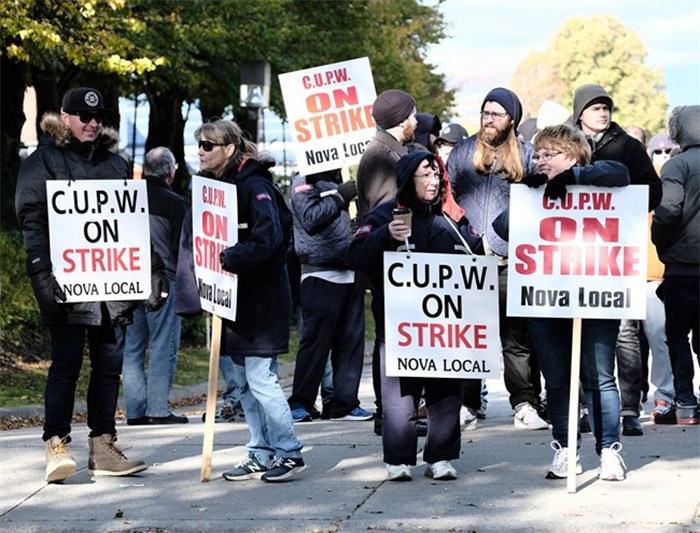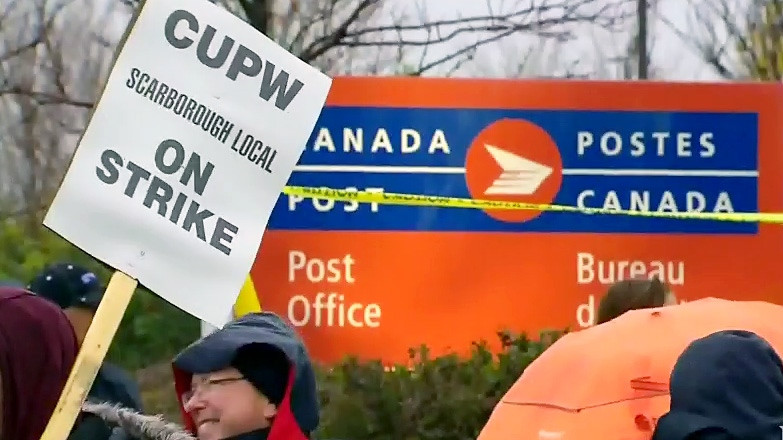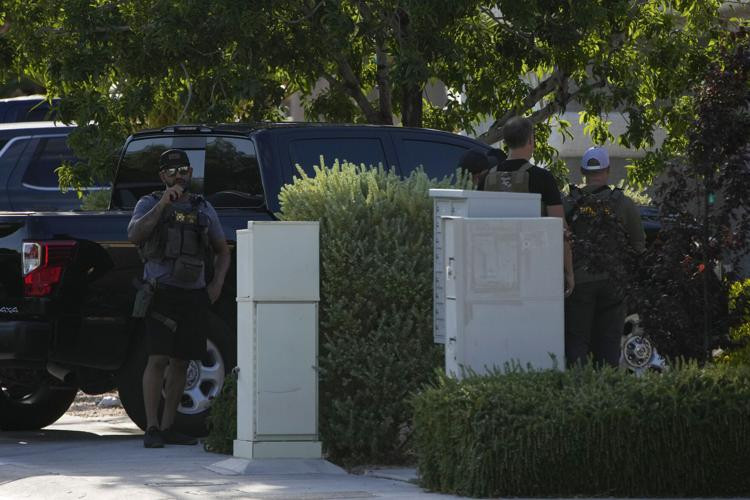Canada Post Strike: Postal Workers' Defiance and the Fight for Better Conditions
Postal workers across Canada remain defiant in the face of a potential back-to-work order, with many vowing to continue their strike despite the looming threat. The dispute, now over a month long, highlights deep-seated concerns regarding working conditions and pay. The union's unwavering stance underscores the intensity of the conflict and raises questions about the future of labor relations in the country.
The Union's Unwavering Stance
In Calgary, a rally of over 100 picketers outside the city's mail processing plant showcased the determination of postal workers. Wycliffe Oduor, president of the Canadian Union of Postal Workers (CUPW) Local 710, representing 2,500 Canada Post staffers, declared that members will not accept anything less than their key demands. He emphasized their readiness to defy any directive to return to work, stating, “If no mail goes out, no mail goes out.” This resolute stance reflects the widespread sentiment among postal workers, who feel their concerns have been largely ignored. The union's four-week-long strike demonstrates the significant sacrifices postal workers are making to push for substantial improvements.
Key Demands and the Employer's Response
CUPW is seeking a 19 per cent pay hike over four years—a reduction from their initial demand of 24 per cent—along with a guaranteed 20-hour work week for part-time employees. They also oppose the growing reliance on precarious or temporary labor. Canada Post, however, has rejected these demands, citing a projected cost of $2.9 billion for the pay increase and advocating for increased use of part-time workers. This disparity in positions has fueled the ongoing tension and deadlock in negotiations.
The Government's Intervention and its Ramifications
Federal Labour Minister Steven MacKinnon intervened, referring the dispute to the Canada Industrial Relations Board (CIRB). The CIRB could order nearly 55,000 workers to end their strike and extend the current collective agreement until May 22, 2025. If this happens, postal workers could be back on the job as early as next week. However, union officials express concern that this approach undermines the collective bargaining process. CUPW negotiator Jim Gallant criticized the minister's actions, stating, “I feel like he’s treating us like children.” The government's intervention has sparked debate regarding its role in labor disputes and raised concerns about the potential for future disruptions. The back-to-work order could potentially lead to even greater unrest and potential future strikes.
Economic Impact of the Strike
The ongoing strike has had a significant economic impact. The Canadian Federation of Independent Business (CFIB) estimates small businesses are losing $100 million daily due to the disruption. Charities have also reported setbacks in fundraising due to interrupted mail services. CFIB President Dan Kelly acknowledged the severe impact on businesses, emphasizing that “the cost of the strike to small business has been profound.” This financial strain highlights the broader consequences of the labor dispute, extending beyond the immediate concerns of postal workers. The disruption to essential mail services has had a wide-ranging impact across various sectors of the Canadian economy.
The Future of the Strike and Labor Relations in Canada
A recent Angus Reid poll indicates a slight majority of respondents favored Canada Post's position over the striking workers. Despite this, the union's strong commitment to its demands shows that postal workers are prepared for a protracted conflict. The strike's impact extends far beyond just the immediate parties involved, affecting countless Canadians and creating uncertainty and challenges for various businesses.
The ongoing dispute raises crucial questions about labor relations in Canada, the role of government intervention in strikes, and the balance between protecting workers' rights and ensuring the smooth functioning of essential services. The outcome will likely shape future labor negotiations and government policy regarding collective bargaining in Canada. The events of this strike will undoubtedly have lasting implications for the country’s labor landscape. The resolution of this dispute remains uncertain, but one thing is certain: the postal workers' fight for fair treatment and improved working conditions is far from over. This prolonged conflict highlights a need for a more equitable approach to labor relations in Canada. This situation, along with other labor disputes in recent years, underscores the need for further discussions on fair labor practices and worker rights.


















